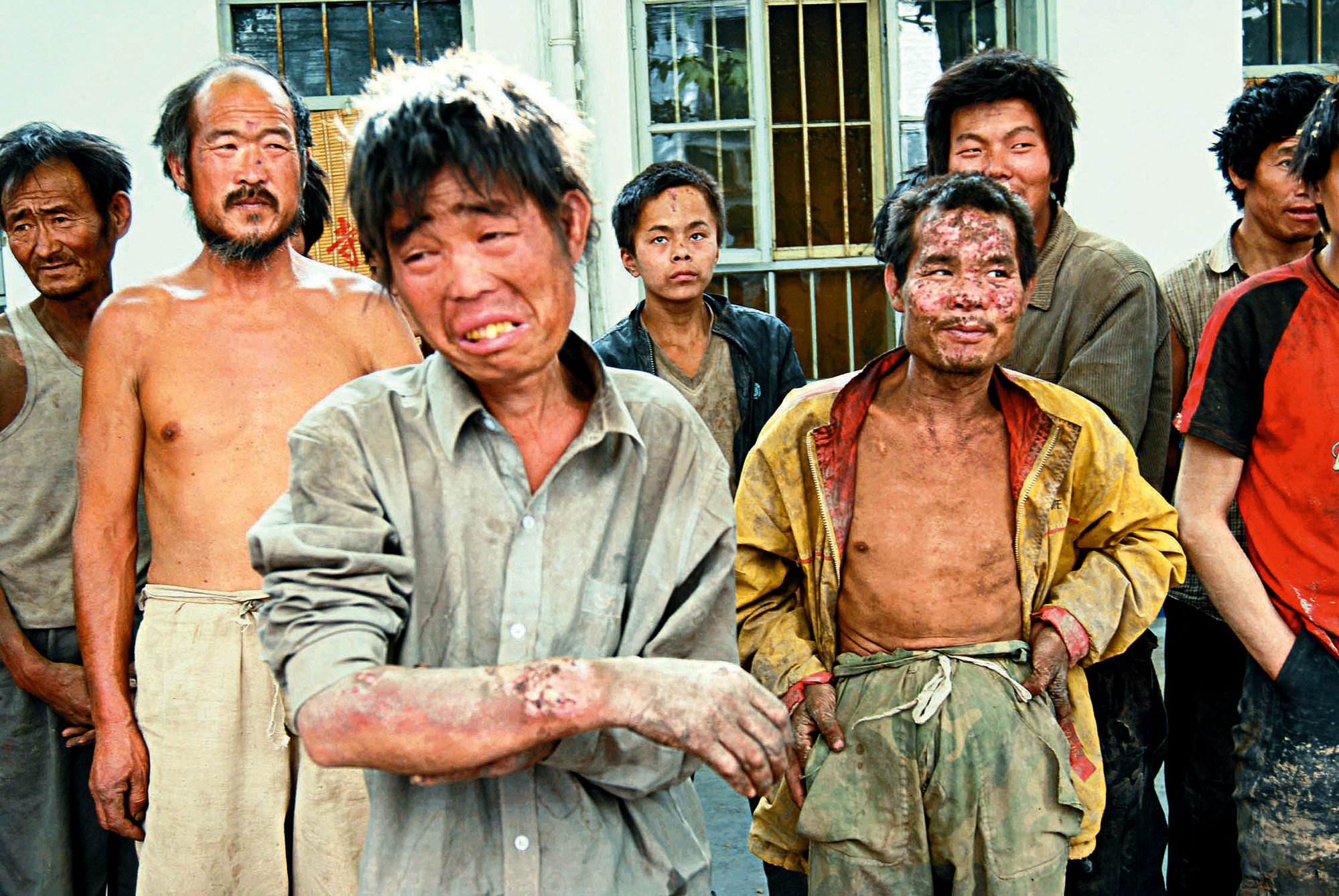
‘So sue me’: why is China not doing more to protect workers’ rights?
- A viral video where a manager admitted that a sacking was illegal – but ‘so what?’ – has sparked a heated debate over worker rights and labour grievances
This month, a short video attracted a huge amount of attention on China’s social media. In the clip, a female executive was seen sacking a male employee. When he protested that she had violated the country’s labour law, she spoke rudely to him, admitting: “I’ve violated the law – so what?” He could go ahead and sue her, she said, but he would never get anywhere because she “knew people” in labour arbitration.
Having once been a factory worker for 10 years, I maintain a keen interest in labour relations; I also feel for my fellow workers.
China enacted comprehensive labour legislation only in 2008, with the Labour Contract Law, the Labour Dispute Mediation and Arbitration Law, and the Employment Promotion Law – all important legal milestones aimed at addressing workers’ grievances and protecting their rights. In particular, the Labour Contract Law states that companies must provide each employee with a written contract and stipulates guidelines on termination: there should be a 30-day notice or an extra month’s salary in lieu.
After outraged netizens started digging around for the identity of the woman and the company, the Beijing-based chip design company issued a statement on January 8, apologising for causing the furore. It said its executive had been reprimanded and suspended from work. It also said the sacked worker was let go about five months into his six-month probation because of a lack of competence, and that the termination was lawful.

Back then, no one had a labour contract. Labour issues such as inhumane working conditions, being forced to work overtime without pay and unfair dismissals were prevalent. Women often lost their jobs once they fell pregnant.
So, have the labour laws enacted in China since served their purpose? Only to a certain degree, from all accounts. Over the past 16 years, workers have armed themselves with legislation to try and protect their rights, especially when companies are unexpectedly shut down or when up against cheating employers.
But violations remain a “daily practice”, according to Han Dongfang, a renowned workers’ rights advocate and the director of the China Labour Bulletin in Hong Kong. And the recent case involving the Beijing tech company shows that “China’s managers believe that they can violate the labour laws without consequences”, Han told me in an interview.
There are ways to deal with labour issues. China practises a four-stage procedure: consultation, mediation, arbitration and litigation. Wronged employees, however, coming up against the company and its relatively huge resources, tend to avoid taking the legal route. Access to legal aid is limited. The legal process often takes a long time. Even when an employee wins, there is no guarantee of compensation.
Amid the social media outrage, some people shared their unfortunate experiences with arbitration. A man from Shandong said the first trial took a year, the second another and that he was still waiting for a verdict.
However, one positive effect of China’s labour laws is that they have increased people’s awareness of their rights. The Beijing worker, for instance, was confident enough that his dismissal was illegal that he aired the video to press his point. In a social media post, he claimed the real reason for his dismissal was not incompetence, but that he had raised concerns about the company’s alleged use of pirated software to design its semiconductor chips.
China’s Big Tech workers need to organise labour unions
Given the circumstances, the authorities must try harder to protect workers’ rights to fulfil their duty of care. They should thoroughly investigate the latest allegation of unfair dismissal and severely punish those who violate labour laws.
They should also introduce more legal aid, work to simplify the arbitration procedure, and ensure all verdicts are obeyed and wronged employees are properly compensated.
The government’s commitment to protect its workers is on the line here. China is a socialist country, built as a state for and of the workers. A failure to protect workers undercuts the Communist Party’s credibility, especially if the poor enforcement of labour laws is allowed to continue and cases start to mount.
Lijia Zhang is a rocket-factory worker turned social commentator, and the author of a novel, Lotus


